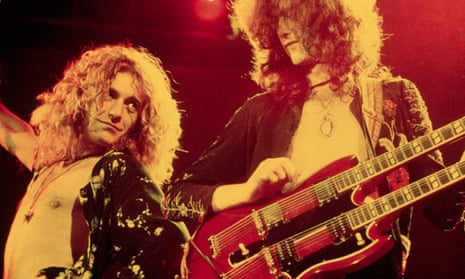
In a recently surfaced interview clip, legendary rock icons Robert Plant and Jimmy Page have pushed back against long-standing criticisms directed at their approach to music production—specifically, the suggestion that they leaned too heavily on advanced gear and synthesizers during the creation of The Dark Side of the Moon. Though most often associated with Pink Floyd, the commentary appears in the context of a broader conversation about evolving studio technology and how certain musicians are perceived as relying more on their equipment than their raw talent.
Plant and Page dismissed the idea that technology alone defines an artist’s ability to create iconic music. Plant illustrated their point with a biting analogy, stating that simply handing someone a Les Paul guitar doesn’t magically transform them into Eric Clapton. In other words, owning the tools or instruments used by great musicians doesn’t equate to having their skill, vision, or artistry. The implication is clear: it’s not the gear that makes the music—it’s the musician.
:max_bytes(150000):strip_icc()/gettyimages-153848118_0-b65a6fa8933b4575a610651d52a47f33.jpg)
Page backed up this sentiment, emphasizing that while gear can enhance or support creative output, it can never replace the core of musicianship. For them, synthesizers and studio effects weren’t crutches but rather extensions of their musical expression—tools to bring their creative vision to life, not shortcuts. They made a point to challenge the idea that using technology somehow undermines the authenticity or quality of the music produced.
The resurfaced clip offers a candid look at how artists like Plant and Page viewed the evolving role of technology in music. Their comments serve as a rebuttal to purists who argue that “real” music should be free from heavy production or modern instrumentation. They argue instead that innovation and experimentation have always been at the heart of rock and roll, and that using available tools to push boundaries is not only valid but vital.

Ultimately, the interview clip sheds light on a familiar tension in music discourse: the divide between traditionalists who champion raw, analog sound and those who embrace technological evolution as part of the artistic process. Plant and Page firmly position themselves in the latter camp, making it clear that while gear can support creativity, it is never a substitute for genuine talent and vision.
Leave a Reply